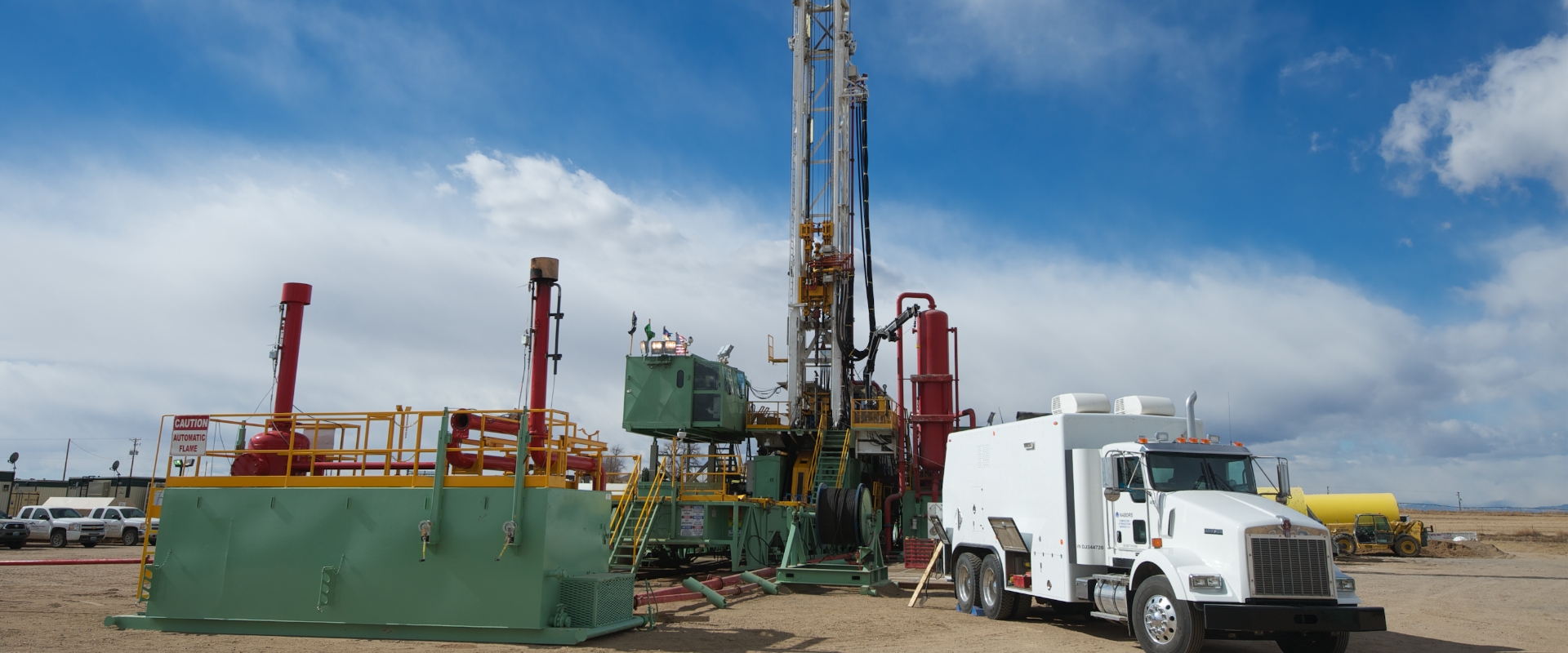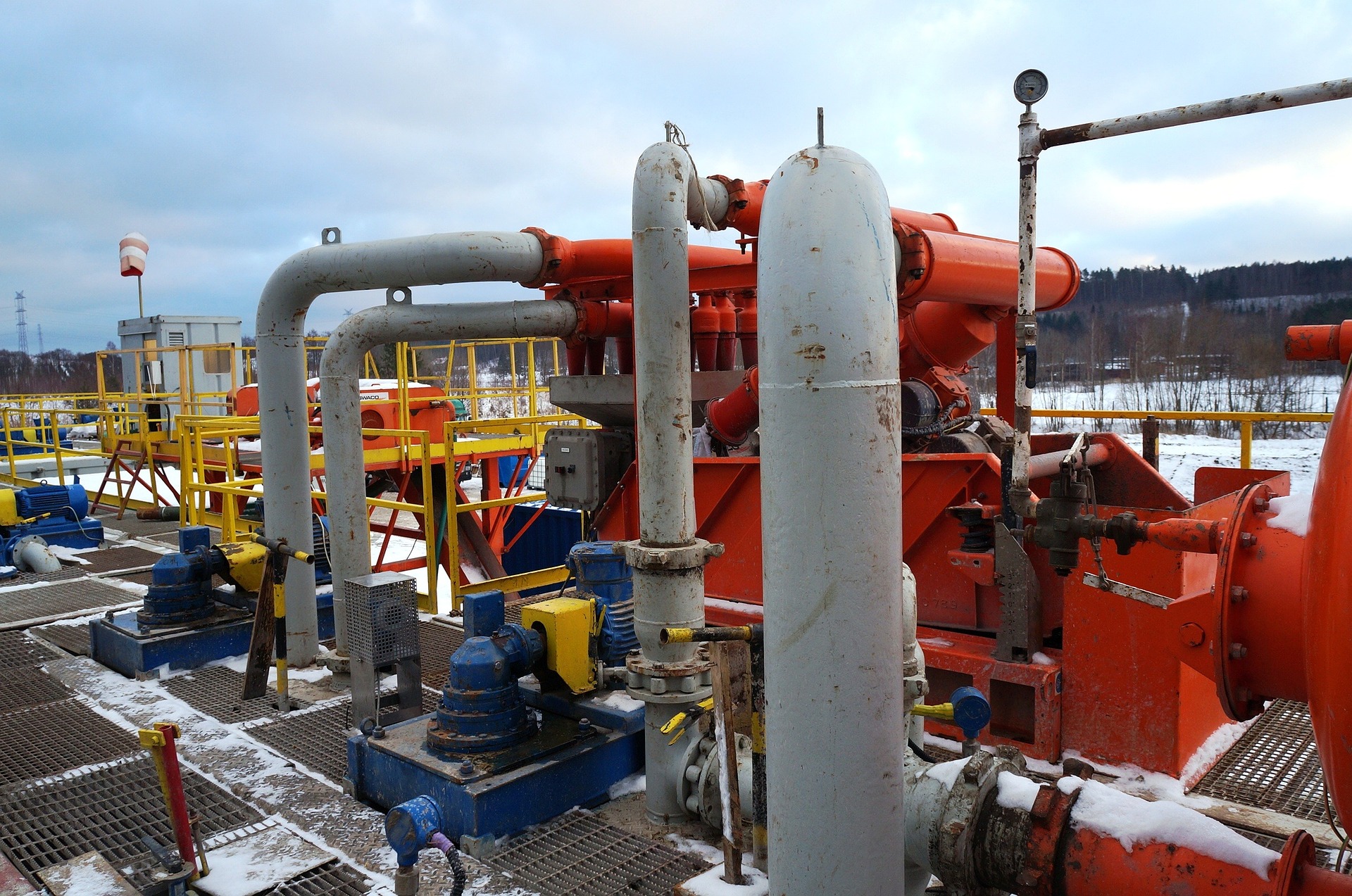Superior Rentals near me: proven strategies for choosing the right partner
A Comprehensive Guide to the Various Kinds Of Oil Field Equipment and Pipeline Equipment Available
The oil and gas market depends greatly on customized tools for effective removal and transport. Numerous kinds of machinery, from piercing rigs to tank, play crucial roles in this complicated procedure. Each tool serves distinct functions that add to overall operational success. Recognizing these components is vital for any individual associated with the market. As the market progresses, so also do the modern technologies that sustain it. What advancements are on the perspective?

Drilling Rigs: The Backbone of Oil Expedition
Drilling rigs act as the necessary machinery in the domain of oil expedition, enabling business to accessibility hydrocarbon reserves buried deep under the Planet's surface area. These rigs are available in various types, consisting of land rigs, offshore rigs, and mobile devices, each developed to run in specific environments. Outfitted with sophisticated innovation, piercing rigs can permeate geological developments with accuracy, guaranteeing efficient resource extraction. The structural stability and functional capacities of these rigs are vital, as they have to withstand extreme conditions and substantial pressures. Furthermore, the option of an exploration gear influences the overall project cost and timeline, making it an essential factor to consider for oil firms looking for to maximize their expedition initiatives and optimize performance in their procedures.
Pumps: Necessary for Fluid Activity
In the oil extraction process, the role of pumps is considerable, helping with the movement of fluids throughout numerous phases of production. Pumps are crucial for delivering crude oil, water, and various other fluids from below ground reservoirs to the surface area and after that via pipelines to refineries. They are available in different types, consisting of centrifugal, favorable variation, and submersible pumps, each serving details functions based upon the liquid attributes and operational requirements. Centrifugal pumps are commonly made use of for their effectiveness in high-flow applications, while positive displacement pumps master taking care of viscous liquids. The option of pump impacts total performance, functional safety and security, and upkeep prices. Proper selection and upkeep of pumps are important for enhancing production and lessening downtime in oil field operations.
Valves: Controlling Flow and Pressure

Shutoffs play a crucial duty in managing the circulation and pressure of fluids within oil areas and pipes. Numerous sorts of valves serve unique applications, each created to fulfill certain features basic for reliable procedure - Superior Oilfield Rentals Texas. Comprehending the attributes and uses these shutoffs is crucial for optimizing system performance and safety
Kinds of Valves
Important components in oil field procedures, shutoffs play a crucial role in regulating the circulation and stress of liquids within pipes and devices. Different types of shutoffs are used to satisfy the diverse requirements of oil and gas production. Common types include gate shutoffs, which give a straight-line circulation and marginal stress decrease; globe valves, understood for their throttling capabilities; and round shutoffs, acknowledged for their quick on/off control. In addition, check shutoffs avoid heartburn, while butterfly shutoffs supply a light-weight service for regulating circulation. Each valve type is made with certain materials and arrangements to hold up against the harsh conditions commonly discovered in oil areas, making certain integrity and efficiency in procedures. Comprehending these kinds is critical for effective system monitoring.
Valve Applications and Functions
While different sorts of valves offer distinctive objectives, their main applications focus on controlling circulation and pressure within oil and gas systems. Valves such as gateway, globe, and sphere shutoffs you could try here manage fluid motion, guaranteeing peak efficiency and safety. Gateway shutoffs are frequently utilized for on/off control, supplying minimal circulation resistance. World valves, on the various other hand, deal exact circulation regulation, making them appropriate for throttling applications. Ball shutoffs are favored for their fast procedure and limited securing capabilities. Additionally, stress alleviation valves are essential for stopping system overpressure, safeguarding devices stability. On the whole, the appropriate choice and application of shutoffs boost operational effectiveness, making sure the reliable transport of oil and gas through pipes and processing facilities.
Compressors: Enhancing Gas Transport
Compressors play a vital duty in the reliable transport of gas, making sure that it relocates efficiently via pipes over fars away. These devices increase the stress of gas, allowing it to conquer friction and elevation modifications within the pipeline system. Furthermore, compressors assist in the harmonizing of supply and need, accommodating fluctuations in intake and production rates. Various types of compressors are utilized in the market, consisting of centrifugal, reciprocating, and rotating screw compressors, each offering distinctive benefits based upon the functional needs. Normal upkeep of these compressors is important to make best use of performance and decrease downtime, inevitably adding to a reliable gas transport network. Their essential feature emphasizes the value of compressors in the general oil and gas infrastructure.
Storage Tanks: Safe and Efficient Liquid Administration
Efficient transport of gas depends on various sustaining systems, one of which is the correct administration of storage tanks. These tanks play an essential duty in securely consisting of fluids, making certain that operational efficiency is maintained while minimizing ecological threats. Created from long lasting materials, they are designed to over at this website hold up against high stress and corrosive aspects. Effectively sized and purposefully located, tank promote the smooth flow of gas and other fluids, preventing traffic jams in supply chains. Routine upkeep and surveillance are vital to spot leaks or structural concerns, advertising safety and security and compliance with governing criteria. Inevitably, the reliable management of tank is crucial for the general stability and reliability of the oil and gas industry's fluid handling systems.
Pipeline Equipments: Infrastructure for Transportation
Pipeline systems serve as the backbone of the oil and gas sector, helping with the effective transportation of hydrocarbons over substantial ranges. These systems consist of different components, read the full info here including pipelines, shutoffs, pumps, and compressors, all diligently developed to assure smooth flow. The materials utilized in pipeline building and construction, frequently steel or high-density polyethylene, are chosen for durability and resistance to rust. Pipeline networks can extend throughout land and water, linking manufacturing sites to refineries and warehouse. In addition, progressed modern technology enables real-time monitoring of circulation prices and stress degrees, boosting functional effectiveness. The critical positioning of these pipelines minimizes environmental effect while optimizing source ease of access, thus playing an essential function in meeting energy demands internationally.
Safety And Security Equipment: Making Certain Employee and Environmental Management
The procedure of pipeline systems, while necessary for energy transportation, additionally offers considerable security challenges for employees and the atmosphere. Safety equipment plays a significant duty in alleviating these risks. Individual safety equipment (PPE) such as headgears, handwear covers, and non-slip footwear safeguards employees from physical threats. Additionally, gas detection systems keep track of for leakages, making certain that hazardous materials do not posture a hazard to personnel or the bordering community. Emergency shutdown systems are crucial for quickly stopping operations during a situation, stopping prospective disasters. Spill control products, consisting of absorbents and barriers, are fundamental for lessening environmental effect. Overall, purchasing all-inclusive safety and security tools is essential for maintaining operational honesty and safeguarding both workers and the atmosphere in the oil and gas sector.

Frequently Asked Inquiries
Just how Do I Pick the Right Oil Field Equipment for My Task?
Selecting the right oil field equipment includes reviewing project specifications, budget constraints, and operational demands. Think about aspects such as devices dependability, compatibility with existing systems, and the vendor's online reputation to assure peak efficiency and safety.
What Are the Maintenance Requirements for Oil Field Equipment?
Upkeep requirements for oil area devices consist of routine assessments, lubrication, and timely fixings. Operators must also comply with producer standards, screen performance metrics, and guarantee compliance with security guidelines to enhance longevity and effectiveness.

Exactly How Can I Guarantee Conformity With Environmental Rules?
To ensure conformity with environmental laws, firms have to carry out routine audits, carry out best methods, buy training, maintain appropriate documents, and stay updated on regulation (Superior Oilfield Rentals Texas). Cooperation with ecological firms can additionally boost adherence to guidelines
What Is the Average Life-span of Pipeline Equipment?
The ordinary life expectancy of pipeline devices usually ranges from 20 to 50 years, relying on aspects such as worldly quality, ecological problems, and maintenance techniques. Normal assessments can greatly influence longevity and operational efficiency.
How Do I Safely Transfer Oil Field Equipment to Remote Locations?
Transferring oil area tools to remote areas requires mindful preparation, consisting of course assessment, safeguarding permits, utilizing proper lorries, and making sure safety protocols are complied with. Proper training and interaction among staffs are necessary for effective transport.